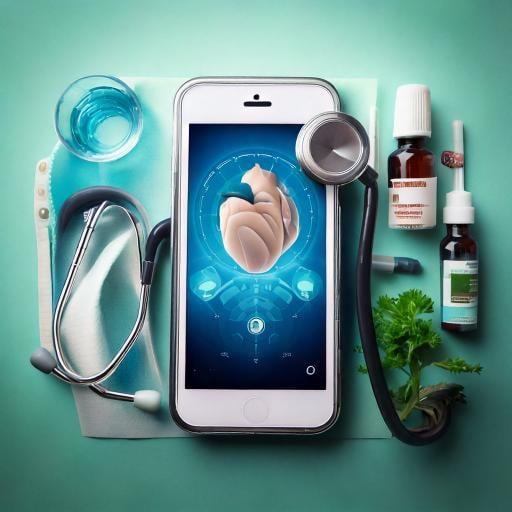This study explored how digital health tools can help people manage high blood pressure. These tools include smartphone apps, text messages, and phone calls. Researchers analyzed data from multiple studies involving nearly 18,000 people. They found that digital tools helped lower systolic blood pressure slightly, but had little effect on diastolic blood pressure. Among the different methods, smartphone apps were the most effective, while text messages and phone calls were less helpful. The tools worked equally well for men and women, but people with more severe hypertension might benefit more.
Some studies had errors, such as using incorrect blood pressure measurements, which could affect the results. The study suggests that digital tools can be useful, but they are not as effective as traditional treatments. Lifestyle changes, such as healthier eating and regular exercise, remain crucial for managing blood pressure. One challenge is that some people stop using these apps after a while, which reduces their effectiveness. Digital health tools may work best when combined with personal support from doctors and healthcare professionals.
Future research should focus on the long-term effects of these tools. Many studies did not include enough young participants, so more research is needed in this area. These tools are most accessible for people who own smartphones, which may limit their reach. However, using digital health tools could help prevent heart disease and improve overall health. Doctors should be aware of the different options available and recommend the best digital tools for each patient. More research is necessary to enhance these technologies and make them even more effective.




